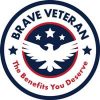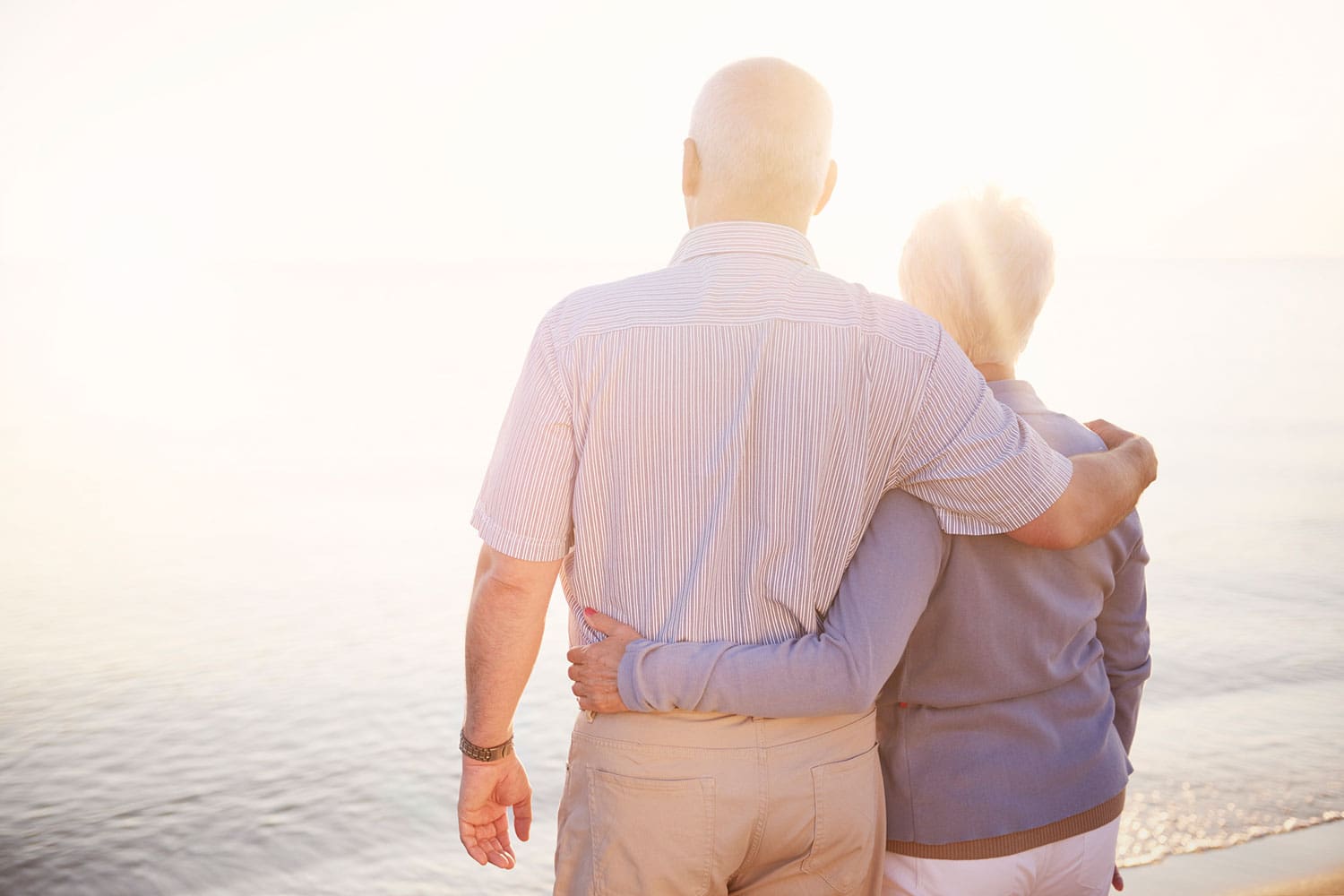Table of Contents
One does not decide to join the military in a vacuum. Many Servicemembers must juggle their commitment to the military and the mission while also considering their spouses and families. Military families often face frequent uprooting as new orders send their family member to a new post or separation for months at a time as their Servicemember goes on deployment. Above all, it is the spouse of the Servicemember who plays a major role in keeping the family and household together while their family member is protecting the country. The Department of Defense recognizes the importance of providing care for the spouses and families of Servicemembers, as they play a crucial role in maintaining a healthy work-life balance for military personnel. In appreciation of their support, the military provides spouses with many benefits, such as healthcare, various forms of insurance, travel benefits, education, and many other Veteran spouse benefits. Read on to learn more about VA spouse benefits and your eligibility requirements.
Understanding Veteran Spouse Benefits
VA benefits for spouses vary depending on your Servicemember’s branch and type of service, but in general include free access to such things as education, healthcare, and insurance that would otherwise be quite costly, in some cases even unaffordable, in the civilian arena. Those who support military personnel and Veterans provide a much-needed support role to America’s defense forces, and providing these services and benefits to spouses and family helps ease the burden of some worries about healthcare and education from the minds of the Servicemembers. The following is a list of common benefits to military spouses:
- Debt management resources
- Discount travel deals
- Education opportunities
- Career and job training VA benefits for spouses
- Funerary and gravestone assistance
- Home, Auto, and Life insurance
- MWR recreational and enrichment programs
- Childcare assistance
- Home loan assistance and VA-backed home loans
- VA survivors benefits for widows
- Spouse-specific scholarship opportunities (MyCAA program)
For widowed spouses, the military provides many benefits specific to the survivors of Veterans who have passed on, especially those who died during active duty, most notably burial assistance, a free gravestone marker, and graveside services during the memorial. The Social Security Administration provides survivors benefits to widowed military spouses, as well as a Lump Sum Death Payment option. The VA Survivor’s Pension is a tax-free option for low-income spouses who have not remarried and are the widow of a Veteran who died during wartime. The spouses of active duty or Reserve Servicemembers who died during a service-related operation are eligible for up to $100,000 Death Gratuity. The VA also provides a Family Housing and Basic Allowance for up to one year following the death of the Veteran. Widows of fallen Veterans are also eligible for the TRICARE health plan and education assistance. VA survivors benefits for widows varies based on the Veteran’s service, so speak with a VA representative to clarify your eligibility.
There are also several Military Spouse Scholarships and Career Advancement Scholarships, which you can access at the MyCAA program and read more about in this article. Military spouses under certain circumstances qualify for a transference of benefits from the GI Bill for education assistance and also qualify for spouse-specific scholarships such as NFMA Military Spouse Scholarships.
How to Apply for Veteran Spouse Benefits
The process for applying for Veteran spouse benefits will vary depending on the benefit you intend to apply for. However, all VA benefits for spouses require the following documentation, so have these ready when you apply:
- You must have your Uniformed Services ID Card. To obtain one, visit a RAPIDS [Real-Time Automated Personnel Identification System] office, which you can locate at this link.
- Your marriage license
- Your birth certificate
- Your social security card
- A current photo ID, such as a driver’s license or passport
- Your Servicemember’s military records or discharge papers
Once you have these documents in hand, follow these steps to apply for VA services for spouses:
1. First, visit this link and click on the specific benefit you want to apply for, enter your information, and determine if you are eligible.
2. For Burial Benefits, visit this link to learn more about the process and fill out the necessary information to see if your loved one qualifies for burial in a military cemetery or for graveside services.
3. For Careers and Employment Assistance, visit this link to check your eligibility, apply online, get information on applying in person or by mail, and download either the VA Form 28-1900 for Vocational School or VA Form 28-8832 for educational benefits.
4. For Disability Assistance, click on this link to check your eligibility for VA spouse benefits and apply online. If you need further assistance, you can also find information about contacting a Veterans Service Organization.
5. For Education Assistance, click on this link for eligibility status and information on how to apply online or in person at your local VA center. You can also apply through your school’s admissions office.
6. For Healthcare benefits, click here to determine your eligibility status for Veteran spouse benefits and which VA healthcare program you qualify for. You can also download and fill out VA Form 10-10EZ or other related forms and bring them to your nearest VA center.
7. For Housing Assistance, click here to learn more about how to qualify for a VA home loan or base housing allotment. You have the option of applying online, through your lender, or by mail. Fill out VA Form 26-1817 to check your eligibility, and form VA 26-1880 to apply at your local VA office.
8. For Life Insurance benefits, click here to learn more about VA life insurance for spouses. From this page, you can initiate the online application process and obtain any required forms specific to your situation.
9. For Pensions information, click here to learn more about your status as a pensioner through the VA. If you are a survivor of a Veteran, fill out form VA 21-534EZ and bring it to your nearest VA office to apply.
Frequently Asked Questions About Veteran Spouse Benefits
Yes, there are several benefits, such as pensions, burial reimbursement and assistance, disability, and life insurance. You can be eligible for a tax-free financial benefit known as VA Dependency and Indemnity Compensation (VA DIC) if you are the surviving spouse, child, parent, or service member of a member who died while performing their duty, or if you are the survivor of a veteran who passed away from an illness or injury related to their service.
Yes, there are several benefits, such as pensions, burial reimbursement and assistance, disability, and life insurance. You can be eligible for a tax-free financial benefit known as VA Dependency and Indemnity Compensation (VA DIC) if you are the surviving spouse, child, parent, or service member of a member who died while performing their duty, or if you are the survivor of a veteran who passed away from an illness or injury related to their service.
Veterans support groups are available to help spouses navigate the confusing maze of VA services for spouses. Additionally, your local VA benefits office frequently has resource officers willing to assist anyone applying for benefits. You can also call the support hotline at 1-800-827-1000.
Not all benefits offered through the VA to Servicemembers and Veterans are available to spouses. For instance, if a Veteran becomes disabled and receives disability benefits from the VA, the spouse loses these benefits upon the Veteran’s death. Not all portions of the GI Bill are available to spouses for educational purposes.
The VA denies claims when the care was not preauthorized and the Veteran or spouse does not meet eligibility requirements for the specified service or Veteran spouse benefits. Billing errors or the need for additional information lead to the rejection or denial of claims by the VA. Depending on the reason for the denial, you can appeal the decision. Visit this link to determine which situation applies to you, and then follow the instructions on how and where to proceed.
No, VA benefits are tax-free.

